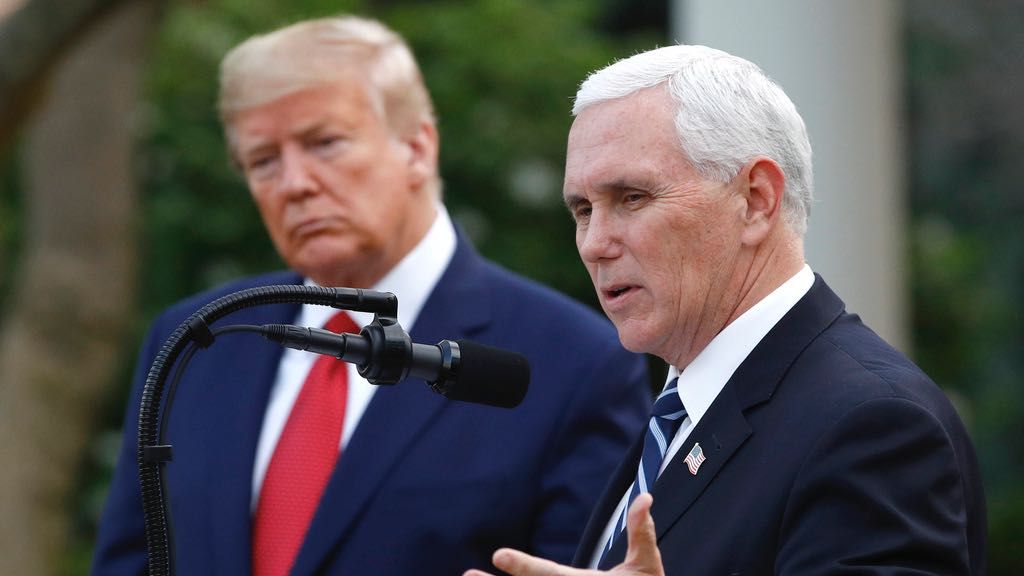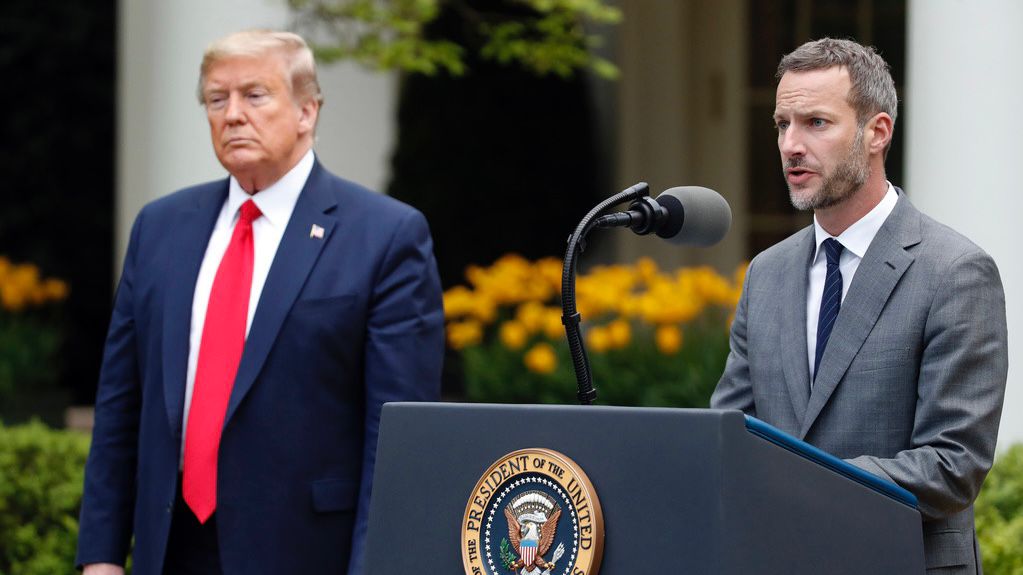Kevin McCathy’s tenure as Speaker of the House may have been short — at 269 days, one of the most brief tenures in the role in American history — but there was rarely a dull moment in his nine months.
It started on a cold winter night in January after 15 rounds of voting to elect a Speaker of the House; it ended nine months later in October, the shortest tenure in over a century.
The days between were chaotic and conflicted: McCarthy’s successes were often overshadowed by threats from a handful of hard-right Republicans to seek his ouster if he did not bow to their demands.
On Tuesday, they finally prevailed, when eight House Republicans voted with Democrats to remove him as speaker.
“I never give up,” McCarthy would often quip when asked how he would negotiate with the White House, or if he could get the votes for a rule or a bill, or how he would overcome the obstacles his far-right flank would throw in his path.
While many might argue that McCarthy’s decision not to seek reelection as Speaker is, in fact, giving up, the Bakersfield Republican prided himself as the guy who listens to his members in the room. This, then, is just listening to his conference.
“The thing you have to do is, you respect all the different views in the conference,” McCarthy told Spectrum News in March when asked how he would manage his slim majority. “[At] the end of the day, you have to make a decision. But as long as you're able to have your input and you listen to everybody, it's easier to bring people together.”
And for months, that’s what he tried to do. He passed a conservative border security measure through the House despite it being dead on arrival in the Senate. He created a bipartisan select committee on competition between the United States and the Chinese Communist Party, and a House subcommittee on the so-called “weaponization of government” against conservatives.
Just three weeks ago, McCarthy launched an impeachment inquiry into President Joe Biden at the request of his caucus. Prior to his tenure as speaker, he raised mountains of cash and stumped for Republicans, which helped flip the House from blue to red. As speaker, he enacted a slew of rule changes, from ending proxy voting to lowering the threshold on a motion to remove the House's leader from five members to just one — the latter of which ultimately led to his downfall.
McCarthy’s optimism proved to be an inadequate bridge for the divide in his conference.
His deal with the White House to avoid a potentially catastrophic default in May enraged House Freedom Caucus members, who led a mutiny on the House floor and floated the idea of moving to depose McCarthy. They didn’t follow through on the latter threat until McCarthy was forced to rely on Democrats to pass a bill that kept the federal government funded through Nov. 17.
That compromise pushed Rep. Matt Gaetz, R-Fla., over the edge: His motion to vacate the speakership passed, and McCarthy’s time was up.
"You know, if you have to lose for something, I will always lose for the country. It is much better to have,” McCarthy told reporters following the vote. “I don't regret my efforts to build coalitions and find solutions. I was raised to solve problems, not create them. So I may have lost the vote today, but as I walk out of this chamber, I feel fortunate to have served the American people."
McCarthy will now enter the history books as the first House speaker ever removed by the motion to vacate – and the third-shortest to hold the role since Michael C. Kerr, who held the office for just shy of 260 days starting in 1875 before he died of consumption in 1876, and Theodore M. Pomeroy, who was speaker for just one day in 1869.
While McCarthy has said he will not seek the speakership again, he hasn’t indicated if he will resign from Congress altogether — as John Boehner did when he left office in the middle of his speakership amid threats of being ousted by far-right Republicans — if he will finish out his term and retire, or even if he will run for another term.
But McCarthy would never say that this chapter defines him. He often calls back to his upbringing, the son of a firefighter who couldn’t even get an internship with the Congressional office he now holds, and his rise to prominence.
“Only in America could that happen," McCarthy thought aloud when Spectrum News sat down with him in February at his alma mater, Bakersfield High School. "And I don't know…maybe only in Bakersfield today could that happen."









